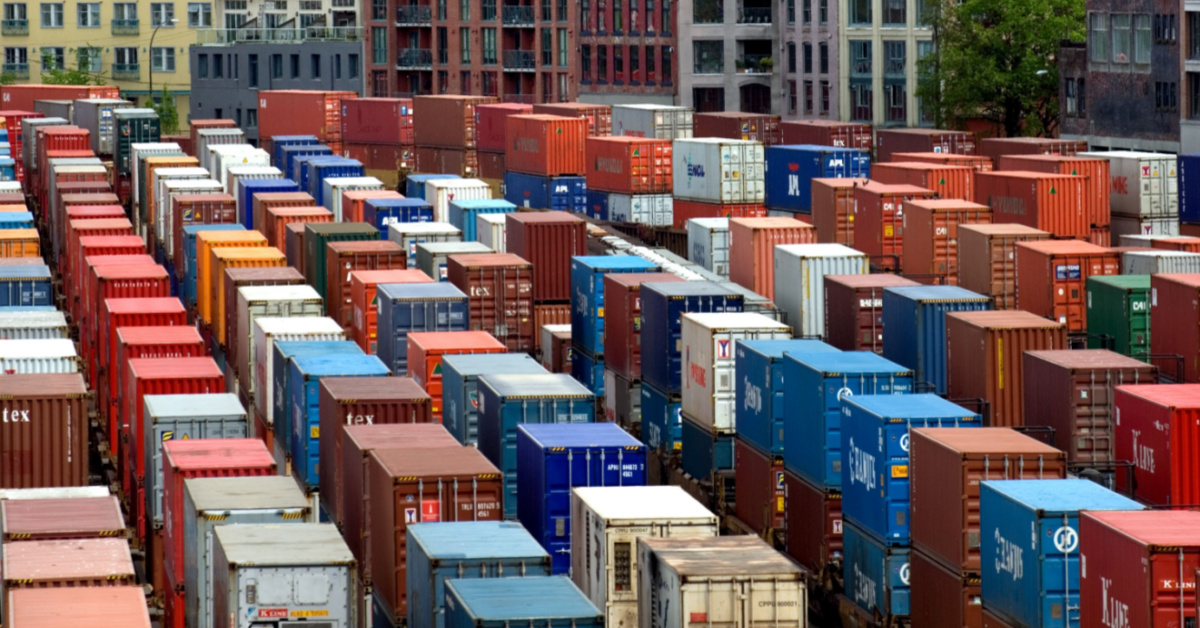
Members of Canada’s United Truckers Association voted to strike at the Port of Vancouver over a government mandate forcing upwards of 300 truckers to buy new tractors. Of the 1,000 members, 639 voted to strike with zero opposition.
Known as the “Rollin Truck Age Program,” the government-imposed measure prohibits older model commercial motor vehicles from operating at the port. Officials put port truckers on notice in 2015 that periodic rollbacks would occur. This year, diesel-powered trucks made prior to 2010 will be banned from the Port of Vancouver. The measure is expected to sideline approximately 360 truckers beginning Sept. 15, unless owner-operators can afford to purchase newer models.
“These costly measures will put an extreme financial burden on container truckers amid the highest rates of inflation and unaffordability in a generation,” United Truckers Association spokesman Gagan Singh reportedly said. “Forcing truckers with fully paid off assets that meet all Canadian and B.C. standards for commercial operations, in terms of safety, emissions and opacity levels, is punitive against a group that is predominantly South Asian in origin.”
New model container haulers can run more than $200,000 given the height of inflation and supply chain parts shortages. Singh pushed back on the truck rule, pointing out that the port was increasing its coal exports. Mining and burning coal typically produce far more carbon emissions than diesel trucks.
That being said, the United Truckers Association has effectively thrown down the gauntlet. Members appear resolved to pressure port officials to find a middle ground, given the economic hardships experienced across the country. Association leaders and the rank-and-file agreed to keep the channels of communication open until the end of July and then take action.
“While the overwhelming will of our members is now evident, we continue to hold out hope to achieve meaningful exchange and resolution together with the Port of Vancouver and the Government of Canada,” Singh reportedly said. “The UTA will only move forward with our shutdown in August should the current plan proceed without mitigation.”
Although 80 percent of port trucks reportedly comply with the Rolling Truck Age Program, drivers are poised to stand together. If port officials are unwilling to set aside the ban on older trucks or come to a mutually-agreeable solution, the Port of Vancouver may experience unprecedented supply chain logjams. That’s largely because only 1,800 trucks service the port on a regular basis, and 1,000 could seek loads elsewhere until the controversy is resolved.
It’s essential to keep in mind that through all the port bottlenecks and supply chain disruptions during 2021, truckers showed up for work and did their job. The Port of Vancouver and Canadian consumers may discover what life is like when goods and materials sit on docks indefinitely.
Sources:
https://vancouversun.com/news/local-news/vancouver-truckers-delay-strike











Leave a Comment